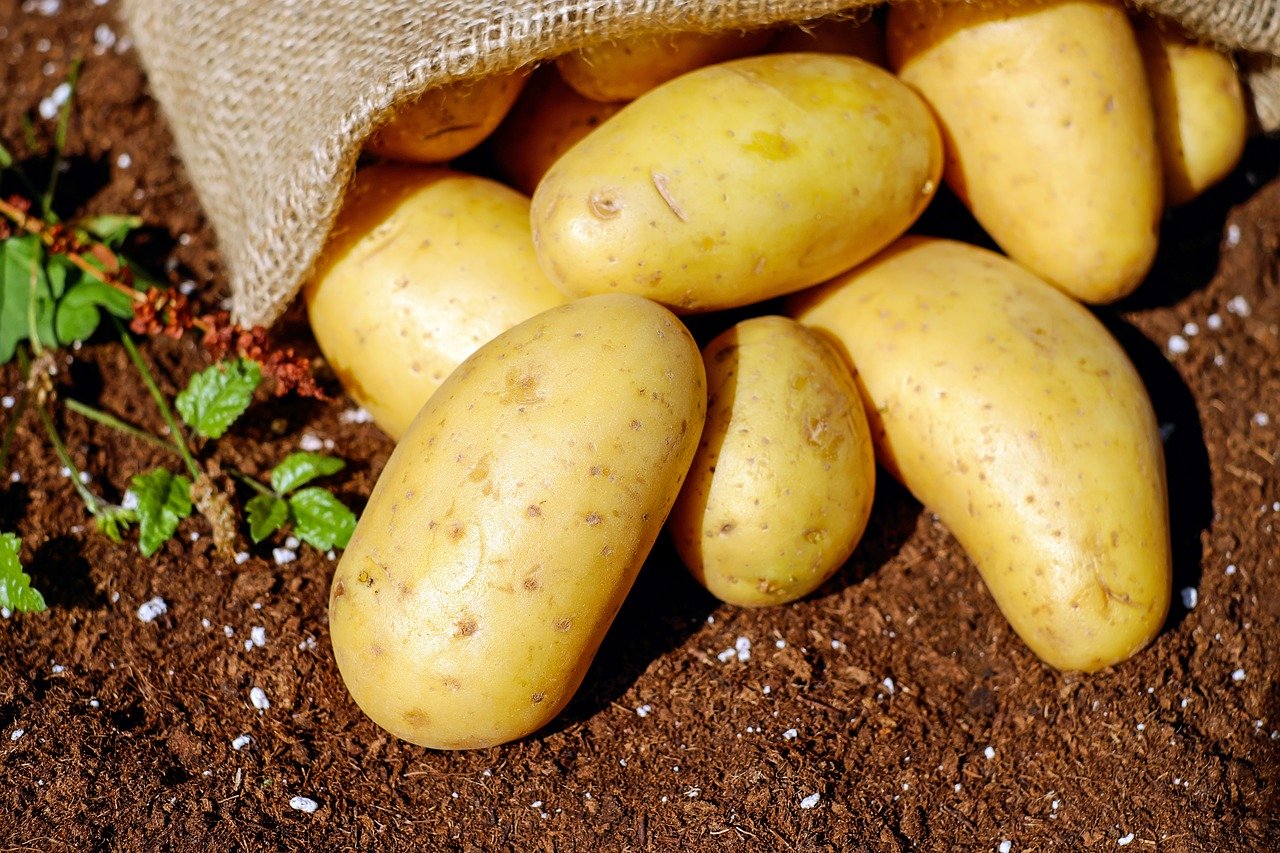Farmers in the south of Serbia, especially those engaged in the organic production of potatoes and other crops, face numerous challenges. Association “Lužnička rukotvorine” from Babušnica launched the project “Hands that feed” to help them overcome these obstacles. Milica Ćirić from the village of Resnik, although employed as an occupational safety engineer, spends every free moment on the family farm. Her family grows vegetables, such as peppers and tomatoes, in the traditional way in five greenhouses, adhering to the principles of organic production. Although they were part of the certified organic production system, due to the high costs of certification, they are currently unable to maintain the certification.
Similar challenges are faced by Zoran Ivanković from the village of Kambelevce, who after a long career as a truck driver decided to return to his native village and dedicate himself to cattle breeding. His farm has 130 sheep and 40 goats, and has a certificate for organic production. However, Zoran faces the problem of a lack of market for certified lambs, which are mostly sold as ordinary, without recognizing their organic value. Also, the local slaughterhouse is not adapted for the purchase of organically certified products, which further complicates the placement.
In order to make it easier for farmers, the “Lužnica Handicrafts” association, with the support of the European Union, is launching an initiative to increase budget allocations for organic production. Babušnica is an ideal area for organic food production, so it is important to provide farmers with adequate support in order to continue and improve this type of production. A proposal for measures to improve the position of producers of organic products will be submitted to the local government and the Ministry of Agriculture.

While organic production sucks, potato waste is useful
In addition to domestic initiatives, global innovations in the agricultural sector are also gaining importance. The start-up company Fibe from London revolutionized the textile industry by developing the world’s first fiber made from potato waste. Fibe claims that their fibers are not only environmentally friendly, but also more sustainable and cheaper than traditional materials such as cotton. Their innovative process uses 99.7% less water and emits 82% less carbon dioxide compared to cotton production.
Fibe won the award for the future of manufacturing in the Fashion District London competition. A panel of experts from fashion houses such as Selfridges and Alexander McQueen recognized the potential of this solution for the sustainable future of fashion. The company works closely with fashion brands that share their vision. So they want to ensure that clothes made from their fibers can be recycled and composted. Innovation in the use of potato waste shows that sustainable alternatives can come from unexpected sources, with Fibe setting new standards in the textile industry.
Source: boljazemlja.com


